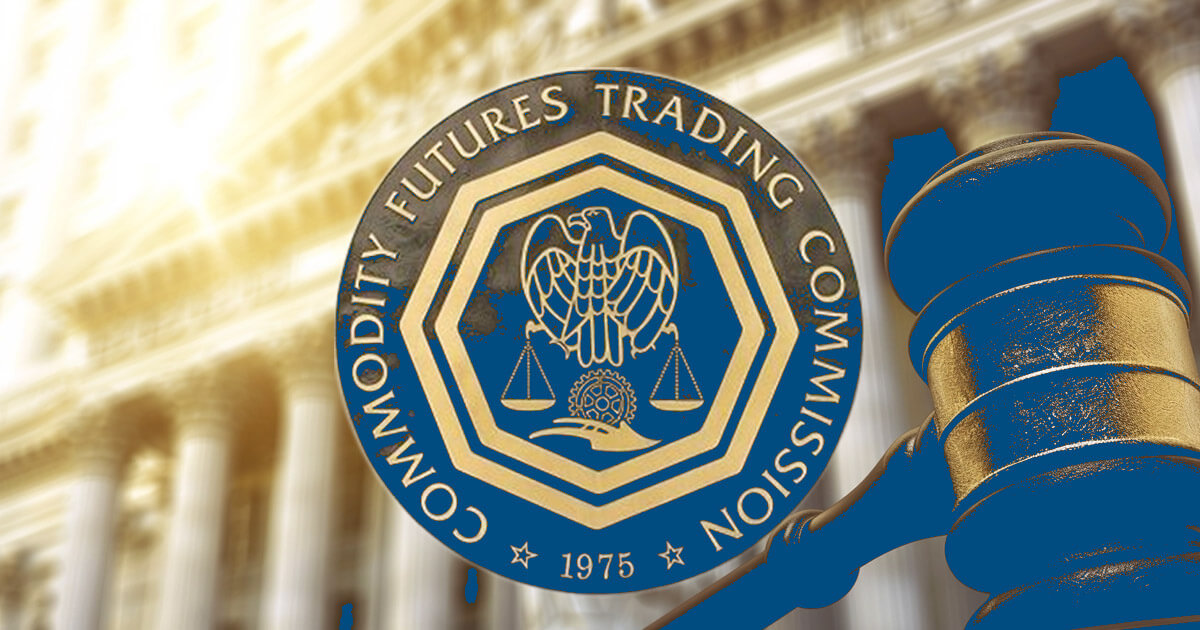
A coalition of US lawmakers has called on the Commodity Futures Trading Commission (CFTC) to ban gambling in US elections.
Several lawmakers supported the letter, including Senators Elizabeth Warren (D-MA), Richard Blumenthal (D-CT), Chris Van Hollen (D-MD), and Sheldon Whitehouse (D-RI), along with Representatives Eleanor Holmes Norton (D- CT). -DC), Jamie Raskin (D-MD) and John Sarbanes (D-MD).
Highlighting the damaging impact of election gambling on public trust and the democratic process, lawmakers called for immediate action to finalize and implement a proposed rule aimed at preserving the integrity of U.S. elections.
While the letter does not specify any platform or crypto, it comes after election-related betting hit an all-time high on Polymarket following an attempt on former President Donald Trump’s life and President Joe Biden’s withdrawal from the 2024 presidential race.
The platform’s total trading volume nearly doubled to $1 billion in July after the events.
‘Commodification of elections’
Lawmakers criticized the trend, writing:
“The last thing voters need is betting on the outcome of that election. Voters need action, as suggested by the CFTC in this rule, to restore confidence. Elections are not a for-profit enterprise. Without this rule, voters will wonder whether their vote mattered and whether the outcome of the election was influenced by big money bets.”
The lawmakers argued that electoral gambling fundamentally undermines the sanctity of the democratic process. They warned that such practices could shift voters’ motivations from genuine political beliefs to financial incentives, raising significant ethical concerns.
In addition, they expressed concern that political insiders could potentially misuse non-public information for personal gain, further eroding public confidence in the electoral process.
In the letter was written:
“Allowing billionaires to make extraordinary bets while simultaneously contributing to a specific candidate or party, and allowing political insiders to bet on elections using non-public information, will further erode public confidence in the electoral process. ”
Lawmakers urged the CFTC to take action and prevent the “commodification” of U.S. elections.
Merkley also recently wrote a similar letter urging the CFTC to reject a proposal from a private prediction market operator that wanted to legalize gambling on U.S. election results. The CFTC ultimately rejected the proposal.

